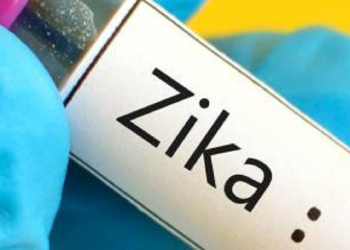New York: Covid-19 survivors have twice the risk for developing blood clots in lungs or respiratory conditions, according to a study by the US Centers for Disease Control and Prevention (CDC).
As more persons are exposed to and infected by SARS-CoV-2, reports of patients who experience persistent symptoms or organ dysfunction after acute Covid and develop post-Covid conditions have increased.
The study found that one in five Covid survivors aged between 18 and 64 years face double risk of pulmonary embolism – a clot in an artery of the lung – or chronic cough or shortness of breath.
One in four survivors aged over 65 years also experienced at least one incident condition that might be attributable to previous Covid infection.
“Implementation of Covid-19 prevention strategies, as well as routine assessment for post-Covid conditions among persons who survive Covid-19, is critical to reducing the incidence and impact of post-Covid conditions, particularly among adults aged over 65 years,” said Lara Bull-Otterson, from CDC’s Covid-19 Emergency Response Team, along with co-authors, in a statement.
The study was based on the analysis of patient records of more than 350,000 adults who had Covid infection between March 2020 and November 2021. They were followed for 30 to 365 days after the infection, till the onset of any health conditions or the end of the period.
The data was then compared with others in a control group to determine the likelihood of these conditions.
“Covid-19 severity and illness duration can affect patients’ health care needs and economic well-being,” the researchers wrote.
“The occurrence of incident conditions following infection might also affect a patient’s ability to contribute to the workforce and might have economic consequences for survivors and their dependents,” as well as placing added strain on health systems.
The team also acknowledged limitations such as data on sex, race, and geographic region were not considered, nor was vaccination status. Because of the time period, the study also didn’t factor in newer variants.
(IANS)


















